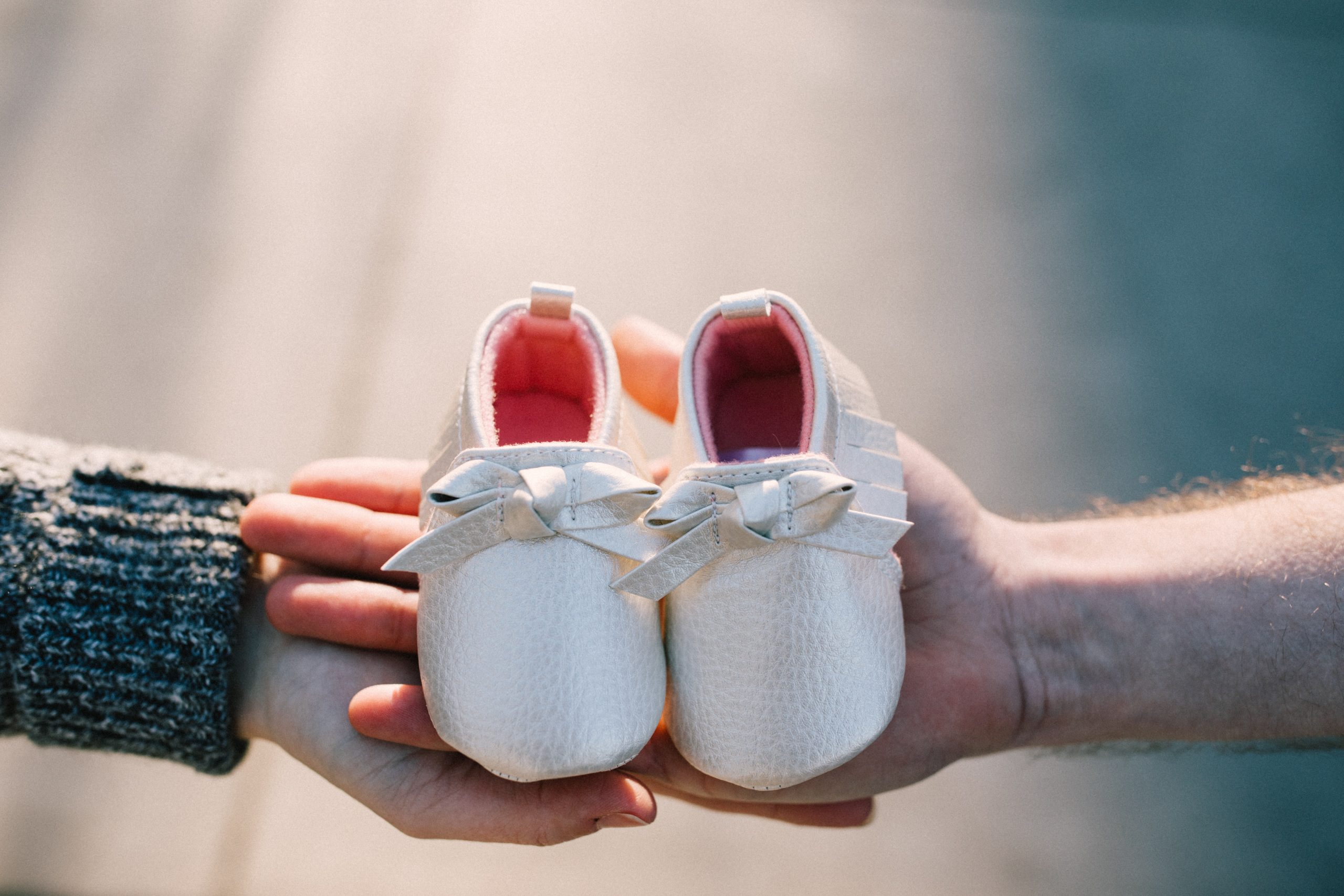5 commonly asked questions by gay dads to be through surrogacy

For same-sex male couples considering surrogacy, there are lots of questions about how the journey will go. To get you started, we have answered some of the most common FAQs we get from gay dads.
Who is going to be bio dad?
This is a very personal decision to make, but one that you need to agree. For some couples, the decision is obvious: one of you may have a stronger wish to be a biological parent, or may be precluded from being bio dad due to a hereditary medical condition, or you may decide that one of you has particular characteristics you hope might be passed on to your child (although there are never any guarantees!). If you are undecided, or if you both aiming to be a biological parent if you are planning more than one child, getting your sperm tested may help answer the question. You can speak to your GP in the first instance, or you can go straight to a private fertility clinic that offers general male fertility assessments.
If you both have viable sperm, you will have the option to split the eggs provided by your donor and fertilise half each. You clinician will give guidance on which are the strongest embryos and therefore more likely to result in a positive pregnancy with the help of a surrogate, so again, this may be the deciding factor for you.
Whoever is bio dad, it’s important to remember that the bond with your baby is about so much more than genetics. You will both be called, dad, papa, daddy or whatever you choose. The Donor Conception Network has lots of helpful resources for donor conceived families that you may find helpful to explore.
Can we both be bio dad for twins?
Double embryo transfers with the hope of achieving a twin pregnancy is largely not recommended in the US or the UK. Twin pregnancies (or even higher multiples if one embryo splits) carry significantly increased risks to the health of the surrogate and the babies, so this is rarely something that is actively planned.
However, providing a surrogate and the intended parents are aware of, and fully accept the risks, it can be done in the US. If deemed safe by your clinician, and all parties are in agreement, the American Society for Reproductive Medicine (ASRM) guidelines in the US do permit transferring embryos created by two dads in the same pregnancy if you are conceiving through surrogacy in the USA. Be aware that there are additional complexities to be aware of including increased waiting times to be matched with a surrogate who is happy to aim for a twin pregnancy, significantly increased compensation and expenses, and potential difficulties (and increased costs) in securing newborn insurance for twins. Make sure you speak to your US agency, clinician and an insurance expert for advice before embarking on a twin pregnancy.
For UK surrogacy, the Human Fertilisation and Embryology Authority (HFEA) guidelines do not allow it.
How do we find an egg donor?
Egg donors in the US are typically aged between 21-29 years old, are in good physical and mental health, have a healthy BMI, and have passed a stringent clinic or agency screening process before being accepted as an egg donor. To find the right donor for you, you will usually be given access to an online database to browse donors that are available. You will see photos, sometimes video clips of a donor, and will be able to view full physical and mental health background information, her level of education, sometimes a copy of the psychological evaluation she completed during screening, information about her hobbies and interests and why she wants to donate her eggs. You will also be able to see information about her family’s physical and mental health. If she is an experienced donor, you will be able to find out the outcome of her previous donations, so can make a really informed choice about the donor you select. A lot of donors are open to semi-known, or open donation, meaning you could meet each other over video call, which can add a lovely element to the story you tell your child about their journey. In the US, you would have a legally binding contract with your donor, and even with open donation it is very clear that she won’t have any legal obligation to your child.
There is much less choice of donors in the UK unfortunately. Most fertility clinics will have a fresh egg donation programme, or access to frozen egg banks and you may have to go on a waiting list to be matched with a donor. All donors are screened under HFEA guidelines, so you can be assured they are healthy. However, you will receive limited information about her characteristics that is usually limited to height, weight, hair colour, eye colour and ethnicity at the time of being presented with a match. Once you have agreed to move forward with her, or purchase her eggs, you do usually receive a little more information about her, but this is at a donor’s discretion. You would not usually be able to see photos of your donor, or meet each other. You will not have a legally binding contract with your donor in the UK, however your donor will not have any rights or legal responsibility for any child conceived from their donation. Your child will have access to identifying information about their donor once they are 18.
Some intended parents have a friend or family member who has offered to be their egg donor, and this can be a lovely way to create your family. This can be done in both the US and the UK, providing your clinician agrees that she meets the requirements in either country.
Whose name will go on the birth certificate?
In surrogacy friendly states in the US, both dads can be named on the US birth certificate via a court process that happens either before the birth, or just a few days later. There is rarely the need for you to physically attend court for this and your US attorney would guide you through this process. States such as California, Nevada, Colorado and Pennsylvania (among others) all have pre-birth parentage orders, so it’s very accessible. Despite being on the US birth certificate, you would still have to go through the Parental Order process in the UK to extinguish your surrogate’s legal responsibility (and secure your legal parenthood) under UK law.
If your surrogate lives in the UK, things are a little different. The surrogate (and her spouse if she’s married) will be named on the birth certificate. If she’s not married, you can choose who will go on the birth certificate with your surrogate (and it doesn’t have to be the bio dad provided you set things up in the right way at the start). In either scenario, the surrogate will have legal responsibility for your child until your Parental Order is granted, so it is essential that wherever your surrogate lives, you obtain legal advice before embarking on a journey together and have a plan in place for when baby is born. The team at NGA Law can give you further advice about UK surrogacy law.
Do surrogates prefer to help same sex or straight couples?
Surrogates in both the US and UK will have preferences for the kind of intended parents they imagine themselves helping. Some will want to help LGBTQ parents, some will prefer to help straight parents, but what is usually more important to surrogates is that the intended parents with their hopes and expectations for a surrogacy journey.
Most surrogates hope to have something in common with their intended parents, and share similar values and morals. They want to help people who are hoping to develop the same kind of relationship that they are, and it’s usually very important to a surrogate that she feels she can have an open and trustworthy relationship with the parents where there will be mutual support and respect throughout their journey together.
Things like this are usually far more important to a surrogate than the parents’ sexual orientation. Over half of the Brilliant Beginnings babies born in 2022 have two dads.



Recent Comments